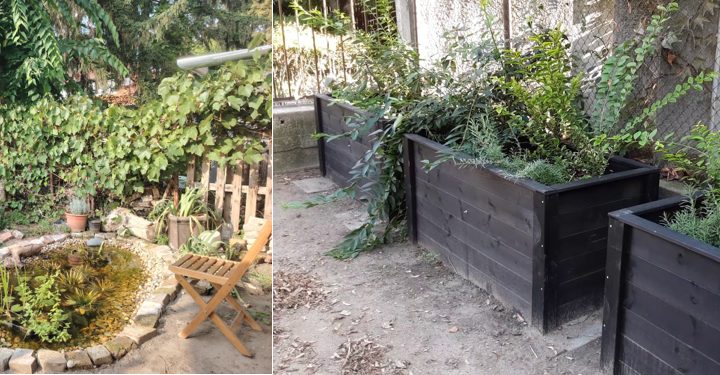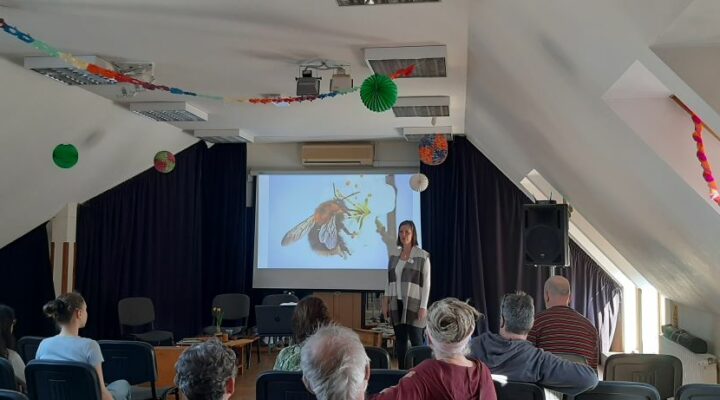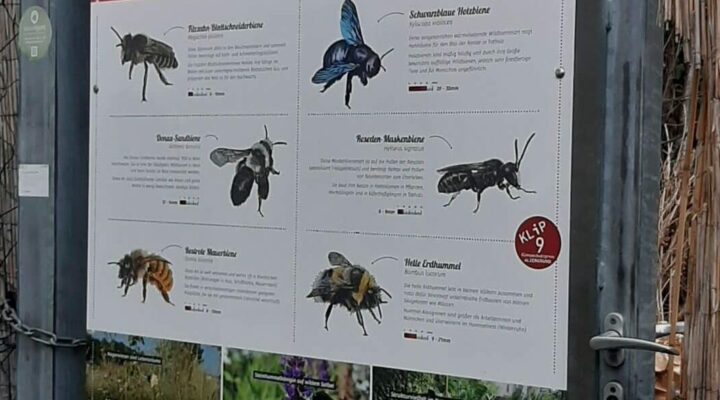Within Co-Bio project, the Hungarian local case study “Wekerle, naturally!” successfully concluded its community activities over the summer, marked by strong local engagement and increasing support for urban biodiversity.
Throughout the past year, we organised a series of thematic events—including talks on urban wildlife, bird- and pollinator‑friendly gardening, and an evening bat walk—designed to provide residents with practical ideas, tools, and inspiration. A children’s drawing competition highlighted urban wildlife through creative expression, while wildflower seed packets were distributed to encourage the creation of small, pollinator-friendly meadows across the neighbourhood. [Read more…] about Co-Bio News: “Wekerle, Naturally! – A Year of Co-Creating Urban Biodiversity”





